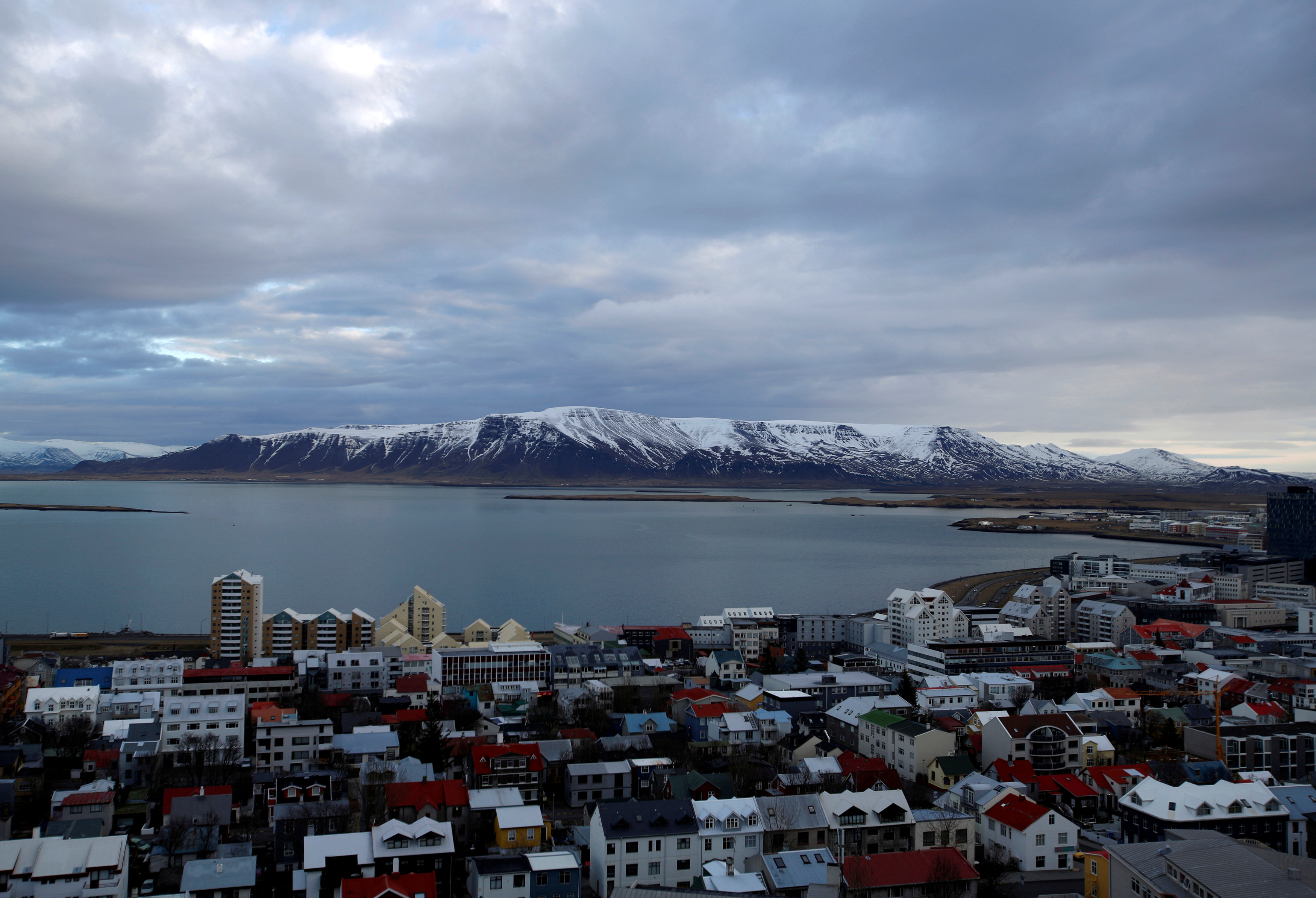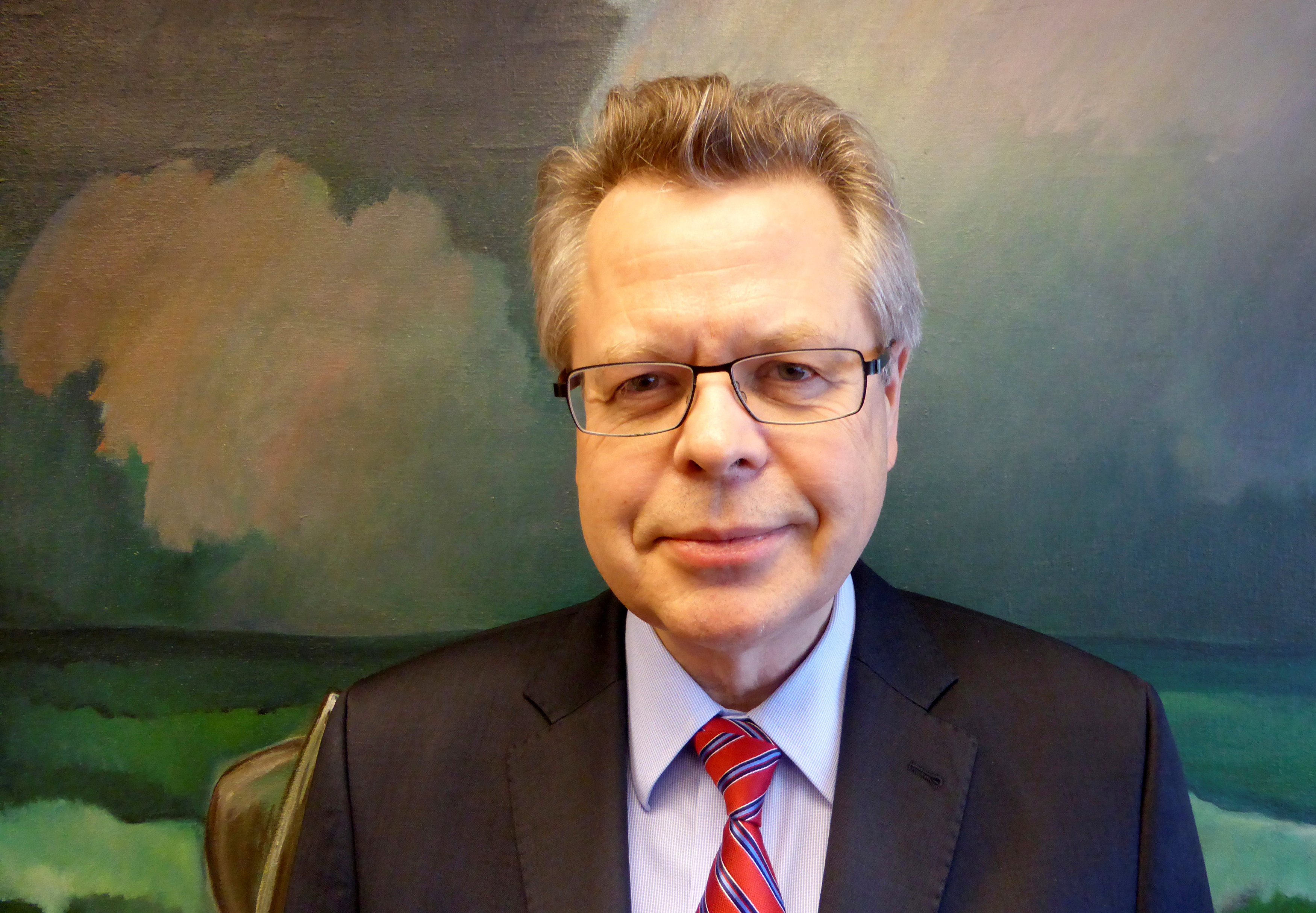Iceland rates cuts ‘very possible’ says central bank governor

LONDON — It is “very possible” that Iceland will cut its interest rates if there is no sign of a sustained cooling of its currency and other conditions allow it, the head of the country’s central bank said on Wednesday.
The country, which has a population of roughly 330,000 people, drew a line this week under the banking crisis that brought it to its knees in 2008. It dismantled the final parts of its capital controls.
Its economy was already roaring along, having grown more than 11 percent at the end of last year thanks to a boom in tourism — it is one of the world’s volcanic and geothermal hotspots — and a bumper year for its fishing industry.
The success has brought side effects however.
[Iceland’s recovery will be tough to sustain]
The Icelandic króna has surged and its interest rates — the highest in Europe at 5 percent and left unchanged on Wednesday — are both a magnet for yield-starved foreign investors and making Icelanders reluctant to move their money abroad.
Asked whether rates could be cut to address the issue, central bank governor Mar Gudmundsson told Reuters: “That would depend on conditions further down the line but that is very possible that it might happen.”

It would have to be done in tandem with other measures put in place by the government though, he said.
“If we were to do this with monetary policy alone, a 25 basis point cut in interest rates would be neither here nor there,” Gudmundsson added.
“We would have to do something very significant and it is very clear in that situation we would be compromising the inflation target and all the gains we have had in terms of making monetary policy more credible would be out of the window.”
Gudmundsson also said that the central bank had not been “a major buyer of foreign currency in net terms” in recent days as capital controls have been removed and the Icelandic króna dipped.
One of the options to tackle the currency strength is for the government to raise or bring in new taxes to temper parts of the economy such as tourism that might be overheating.
Fund feud
Coordinated government measures and rate cuts could even be laid out in advance, the veteran central bank head said, as a kind of forward guidance.
“The government has the instruments (to slow sectors like tourism), we do not, and I would very much favor these instruments being used including fiscal policy, because that would make it possible for us to have lower interest rates.”
Although there was no indication of timing or likelihood, he also said the bank was hoping to change a rule introduced last year — also designed to dampen the króna — requiring foreigners to park additional money in a special account if they buy the country’s bonds.
There was almost no detail however on the bank’s deal this week to pay off some of the U.S. investment funds that saw their Icelandic bonds frozen when authorities began removing capital controls last year.
Some other funds, such as Loomis Sayles, have not accepted the offer. It will remain on the table for another 10 or so days but if is not resolved, Iceland will not be able to declare the all clear from capital controls.
Around 90 billion krónur ($823.80 million) worth of bonds are affected.
“It (the offer) is still open so let’s wait and see,” Gudmundsson said. “Maybe when they look more closely at the deal and what is happening they will come in.”